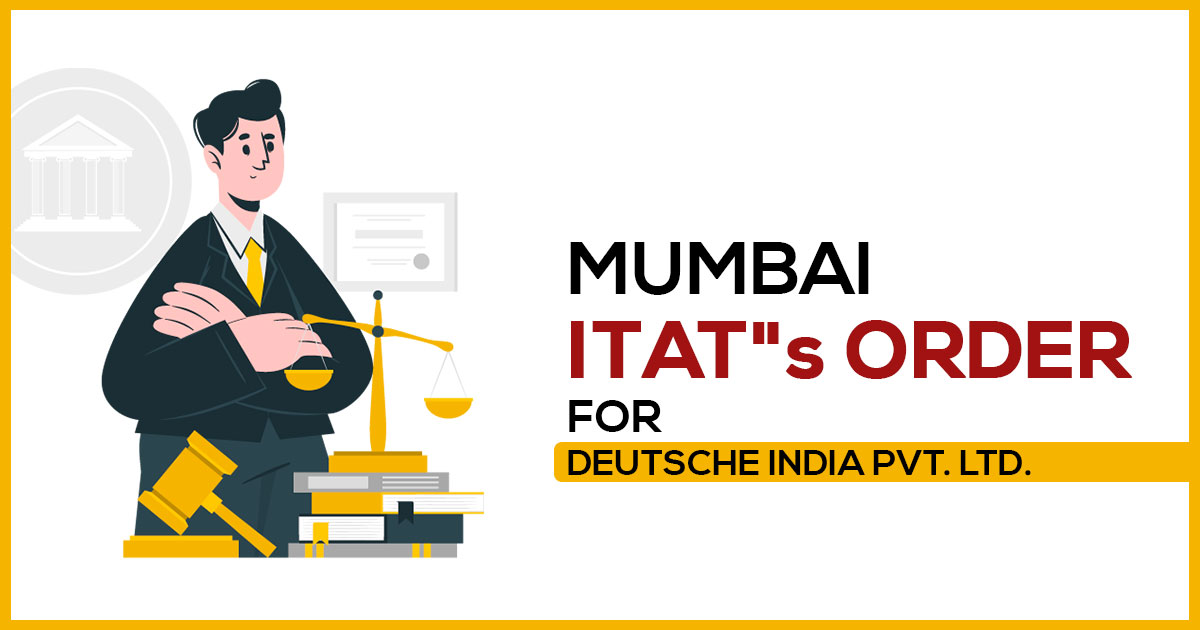
The payment for an employee’s contribution to the provident fund post-due date is not permissible as a deduction said the Mumbai Bench of the Income Tax Appellate Tribunal (ITAT).
The two-member bench of Sandeep Singh Karhail (Judicial Member) and Om Prakash Kant (Accountant Member) sustained with the decision of the Supreme court for the case of the checkmate services (P) ltd, held the non-obstante clause under Section 43B or anything held in the same provision does not absolve the taxpayer from its obligation to deposit the contribution of the employee on or post to the last date as a deduction condition.
The taxpayer has furnished its income return as of 10/02/2021 showing that the total income of Rs 459,03,58,100. Post to the addition of Rs 6,30,42,740 the return was processed and was made on the basis of the late payment for the contribution of the employee to the provident fund under Section 36(1)(va).
Read Also: Full Guide to New Tax Rule on TDS Deduction on EPF Interest
The assessee’s appeal was denied by CIT (A). According to CIT(A), the assessee is not eligible for a deduction if the employer doesn’t deposit the complete sum for the employees’ contribution on account of the provident fund with the relevant department on or before the due date.
The ITAT noted that the assessee deposited the employee’s contribution to the provident fund after the deadline established by the applicable legislation but before the deadline for submitting the income tax return.
The ITAT determined that the taxpayer had made a mistake in claiming a deduction for the employee’s PF and ESI contributions, necessitating a prima facie adjustment.
| Case Title | Deutsche India Pvt. Ltd. Versus Asstt. Director of Income Tax |
| Citation | ITA No.2842/Mum/2022 |
| Date | 22/02/2023 |
| Counsel For Appellant | Niraj Sheth |
| Counsel For Respondent | Mahita Nair |
| Mumbai ITAT | Read Order |









